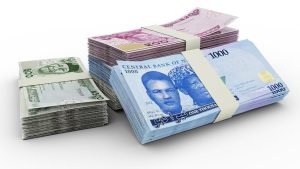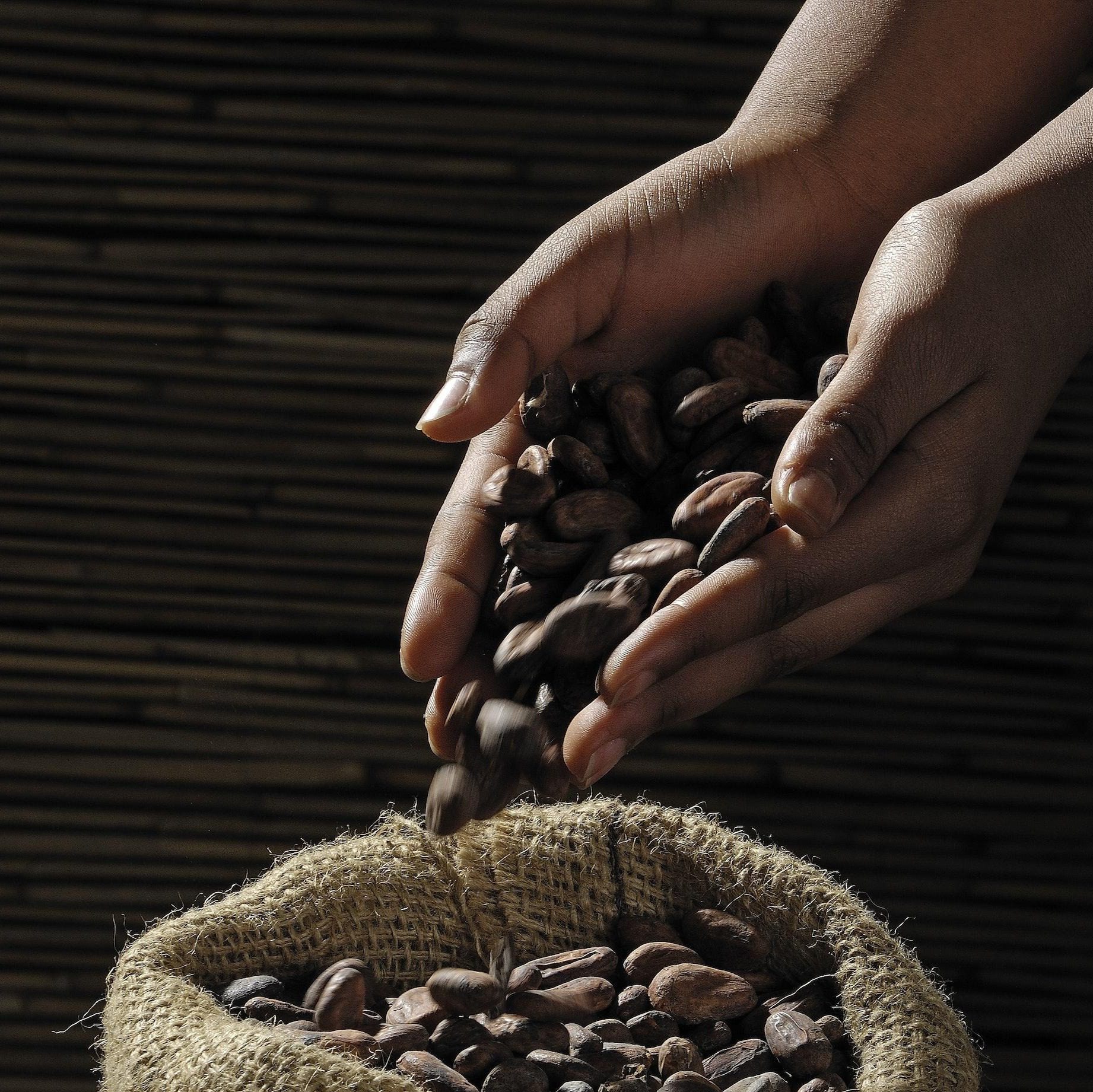PRODUCTION OF NEW LOW-SULPHUR CRUDE HITS 996,070 BARRELS – FG
The daily average production of Utapate, Nigeria’s new low-sulphur crude oil grade, has risen to 32,000 barrels per day, the Federal Government has said. It disclosed this in a report obtained on Wednesday from the Nigerian Upstream Petroleum Regulatory Commission, which stated that a total of 996,070 barrels of Utapate was produced in August, up from the 754,222 barrels produced in July. It was gathered that 567,302 barrels of the low-sulphur crude were produced in June while 309,434 barrels were pumped out in May when the crude was first produced. In a statement in August, the Nigerian National Petroleum Company Limited disclosed that it had commenced the sales of the new crude oil blend to the international market. The Chief Corporate Communications Officer of NNPC, Olufemi Soneye, said the product was extracted from its Oil Mining Lease 13, a facility fully operated by NNPC Exploration and Production Limited. “Utapate’s current crude oil production is at 28,000 barrels per day, with the potential to increase it to 50,000 barrels per day. Also, the sulphur content of the new crude is 0.0655 per cent,” Soneye said. He added, “Spanish oil giant Repsol won the tender for the initial cargo of 950,000 barrels of the new crude blend which is comparable to the much sought-after Amenam crude. Gulf Transport and Trading, another leading crude oil dealer, has also secured the cargoes’ tenders for August and September 2024.”

CBN PEGS BDC FOREX SALES AT $5,000
The Central Bank of Nigeria has limited bureau de change operators’ single foreign exchange cash sales to $5,000. According to the apex bank, the policy, outlined in the Monetary, Credit, Foreign Trade, and Exchange Policy Guidelines for Fiscal Years 2024/2025, is aimed at regulating cash sales in the foreign exchange market to ensure stability and compliance. Bureau de change are businesses that, in competition with other similar businesses, make their profit by buying foreign currency and then selling the same currency at a higher exchange rate. According to the report, bureau de change operators “shall continue to observe a maximum foreign exchange cash sales limit of $5,000 per approved transaction.” This cap restricts the amount of foreign currency a customer can obtain in cash from any bureau de change at one time, which is part of the Central Bank of Nigeria’s broader efforts to manage foreign exchange reserves and curb the misuse of foreign currency. The report added that the guidelines also allow for the pooling of funds, meaning that authorised dealers, including Bureau de Change, can combine foreign exchange purchased from the Central Bank of Nigeria with funds acquired from other sources, as long as the origin of the funds is properly identified and reported. This provision helps ensure transparency in the handling of foreign exchange transactions. The Central Bank of Nigeria noted that authorised dealers must “continue to render appropriate statutory returns on sources and utilisation of funds to the Central Bank of Nigeria,” ensuring accountability in foreign exchange operations across the market
WORLD BANK TO GRANT NIGERIA $1.7BN LOAN
The Federal Government is set to receive a fresh loan from the World Bank, with approval expected for loans worth $1.7 billion. The loan is expected to be approved on September 26, 2024, according to official documents obtained by The PUNCH. The funds will be received via three major development projects aimed at enhancing Nigeria’s economic stability and resource mobilisation capabilities. The first project is the Nigeria: Primary Healthcare Provision Strengthening Programme, which is set to receive $500m. The second project, Nigeria Human Capital Opportunities for Prosperity and Equity Governance, has proposed funding of $500m.While the Sustainable Power and Irrigation for Nigeria Project will receive the highest funding of $700m. The document stated that these projects have reached the negotiation stage and are expected to be approved on September 26, 2024. (As of board presentation).The negotiation stage, the final phase of the loan process, indicates that the request hsas successfully cleared the appraisal stage between Nigeria, represented by the Minister of Finance, and the World Bank. If approved, Nigeria will have secured a total of $3.95bn in loans from the bank this year alone and a cumulative $6.65bn under the administration of President Bola Tinubu The proposed loan projects, targeting crucial sectors such as healthcare, agriculture, and infrastructure, are pivotal for the country’s sustainable development and economic stability.

INVESTORS LOSE N130BN AS EQUITY MARKET REVERSES GAINS
Equity investors lost N130bn as the reversed the previous day’s gain on Thursday. The All Share Index declined by 0.23 per cent to settle at 98,003.75 points from 98,230.92 points. The market capitalisation closed at N56.32tn, down from the previous day’s N56.45tn, as investors traded 473,091,884 units of shares in 9,848 deals valued at N11.349bn. This was a 26 per cent improvement in trade volume compared to Wednesday when 361,302,533 shares were traded in 9,627 deals valued at N7.567bn. Despite the higher volume of trades, there was a 14 per cent decline in turnover and a marginal two per cent improvement in the number of deals. On the gainers’ list, McNichols led with a 10 per cent increase, closing at N1.65, followed by Associated Bus Company with a 10 per cent rise to N0.99. However, the losers’ table had Honeywell Flour Mill topping the list with a 9.98 per cent loss, closing at N4.87, followed by FBN Holdings, which dropped 9.88 per cent to N30.55. Other top gainers included University Press Ltd, which gained 9.95 per cent to close at N2.43, and Fidson Healthcare with a 9.85 per cent increase to N14.50 per share.UPDC fell by 9.74 per cent to N1.76, while Tantalizers recorded an 8.82 per cent decline to N0.62. Japaul Gold and Ventures recorded the highest volume of traded shares with 107 million units, followed by UAC of Nigeria with 57.9 million shares, Fidelity Bank (48.7 million), and Honeywell Flour Mill (26.1 million).Performance across our sectors was broadly negative, as five indices experienced losses, while the AFRICT index remained unchanged.

CBN WITHDRAWS MONETARY, CREDIT POLICY GUIDELINES PUBLICATION
The Central Bank of Nigeria (CBN) has withdrawn its latest Monetary, Credit, Foreign Trade and Exchange Policy Guidelines publication. However, the apex bank, this morning, said it was withdrawing it, citing a misinterpretation of the document. According to the CBN, the publication was only a record of policies, circulars and directives it issued up to the end of 2023 and not new directives, as reported by some media (not Vanguard). It said, “The attention of the Central Bank of Nigeria (CBN) has been drawn to certain instances of misinterpretation or misrepresentation of its biennial publication on Monetary, Credit, Foreign Trade, and Exchange Policy Guidelines published on September 17, 2024. ” In response, the CBN has temporarily withdrawn the document to minimise risk of any further misrepresentation. “As is stated explicitly in the document to guide stakeholders, the CBN reiterates that the publication is a compilation of previously issued policies and guidelines issued by the Bank up to a cut-off date, typically December 31 of the relevant year. “As in all previous editions, the current document is intended to achieve the following objectives: *A single reference source for the ease and convenience of stakeholders.
- CAPITALDIGEST MARKET REVIEW, 09/02/2026February 9, 2026
- CAPITALDIGEST DAILYNEWS, 09/02/2026February 9, 2026
- CAPITALDIGEST MARKET REVIEW, 02/02/2026February 2, 2026
Enter your email address for receiving valuable newsletters.
- CAPITALDIGEST MARKET REVIEW, 09/02/2026U.S. DOLLAR REBOUND TO BE CUT SHORT BY RATE CUT BETS, DOUBTS OVER FED INDEPENDENCE:...February 9, 2026
- CAPITALDIGEST DAILYNEWS, 09/02/2026TAXES, FUEL HIKE SLOW BUSINESS GROWTH IN JANUARY – NESG REPORT The report showed that...February 9, 2026
- CAPITALDIGEST MARKET REVIEW, 02/02/2026DOLLAR WEAKENS ACROSS THE BOARD AS YEN CLIMBS ON INTERVENTION RISK The dollar moved sharply...February 2, 2026












